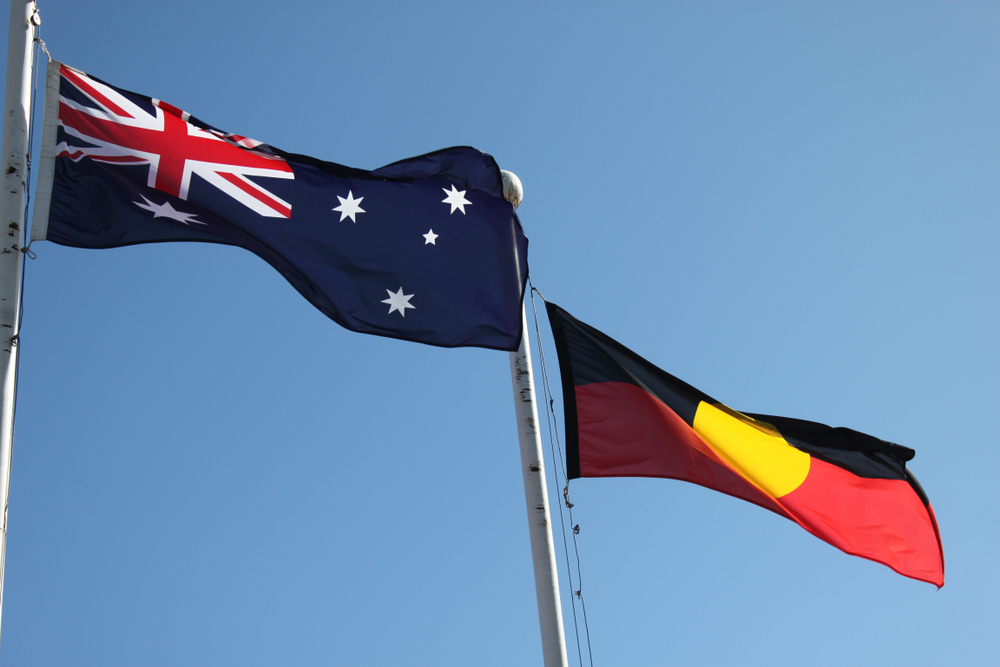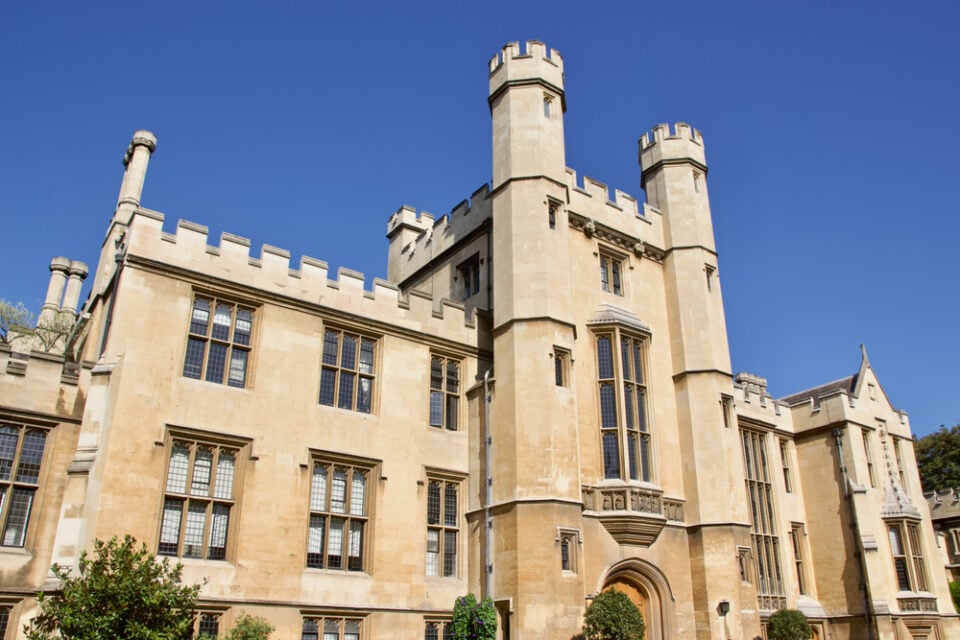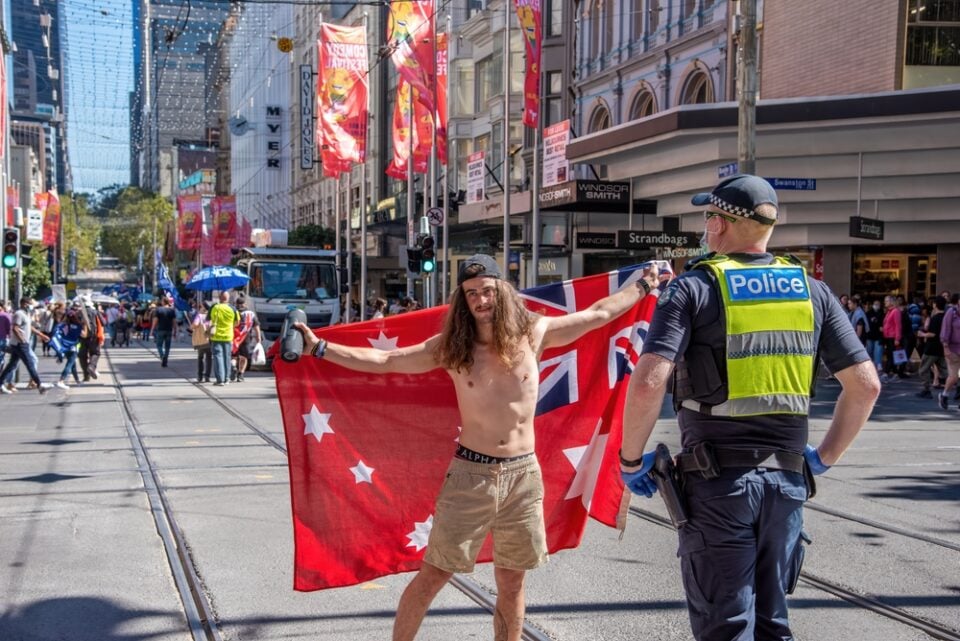Australian Primate and Archbishop of Adelaide Geoff Smith and National Aboriginal Bishop Chris McLeod are both advocating for a Yes vote in the Voice to Parliament referendum. Archbishop Geoff has explained why he supports the Yes case here and Bishop Chris’s argument that the Voice is a positive contribution here. In this article, David Phillips explains why he disagrees.
When people think about the coming referendum on an Indigenous Voice to Parliament, the suffering of Indigenous Australians is often mentioned.
Remote Aboriginal communities experience high rates of alcoholism, drug abuse, domestic violence and other crimes. Children have unacceptably poor educational outcomes and adults experience excessively high incarceration rates. All Australians long for progress on closing the gap. However, the Australian Constitution, our nation’s rule book, is not the place to address these problems.
Almost uniquely in world history, the Australian Constitution was adopted when a majority of people voted for it in referendums held in each former colony. At that time, Aboriginals were already eligible to vote in four of the six colonies: South Australia (1856), Victoria (1857), New South Wales (1858) and Tasmania (1896).
The central purpose of the Australian Constitution, as expressed in its preface, is to unite the people of the six states. This purpose is embodied in the Constitution by giving equal citizenship to all Australians, including Aboriginal and Torres Strait Islander people, in their eligibility to vote, stand for election and serve in parliament.
This emphasis on equal citizenship was later championed by the Lebanese Greek Orthodox theologian, Charles Malik. When the newly formed United Nations adopted the Universal Declaration of Human Rights (UDHR) in 1948, he wanted to include the Judaeo-Christian belief that humans are made in the image of God (Genesis 1:27).
He was partly successful. In the interests of broader appeal, the UDHR included the concept of the image of God in every human being with its secular meaning, inherent dignity. Catholic and Protestant traditions also uphold the image of God (imago Dei) as the foundation of all human rights.
The Australian Constitution embodies this respect for human dignity by upholding the fundamental democratic principle: ‘one person, one vote’. Not ‘one vote for most Australians, two votes for those of Indigenous racial identity’.
The Judaeo-Christian roots of our Constitution are explicitly acknowledged in the preface through the words ‘humbly relying on the blessing of Almighty God’.
God created only one race: the human race. Every person, whatever their race, ancestry, sex or other attribute is equally made in God’s image and is entitled to equal treatment under the law.
The Old Testament of the Bible demands both the same laws for all and also the impartial administration of justice (e.g., Leviticus 24:22).
This ideal wasn’t always applied in practice. At the time of Jesus, the Jews had no respect for the Samaritans, whose ancestry differed from theirs. Jesus, however, showed respect for the Samaritans, in both his teaching and his actions. His parable of the Good Samaritan (Luke 10:29–37) taught this respect, as did His contact with the Samaritan woman (John 4:9).
The apostle Paul reinforced Jesus’s teaching by insisting that ‘there is neither Jew nor Greek, there is neither slave nor free, there is no male and female, for you are all one in Christ Jesus’ (Galatians 3:28). This was despite the great antipathy between Jews and Greeks in the ancient world, where each regarded the other as barbarian.
In Christian and Jewish understanding, all Australian citizens, male or female, black or white, old or young, immigrant or native born, rich or poor, religious or not, should be considered first-class citizens having the same rights and responsibilities.
Our Constitution already empowers the federal government to make special laws for disadvantaged groups such as Indigenous Australians. The National Indigenous Australians Agency (NIAA) was established ‘to ensure Aboriginal and Torres Strait Islander peoples are heard, recognised and empowered’. If this body is inadequate, it can be changed, or a new body legislated. But embedding the Voice in the Constitution is something else entirely.
Former deputy prime minister John Anderson AC believes it would ‘actually prove to be detrimental to the cause of Indigenous disadvantage’ and lead to divisiveness and cynicism. It would prove to be a ‘distraction from the very practical challenges of closing the gaps in health, education, domestic violence, substance abuse, employment and income.’
Peace and unity between people can be fostered, not by institutionalising difference, but by equal treatment of all.
That is why I plan to vote ‘No’ in the forthcoming referendum on the Voice.
Dr David Phillips is a former research scientist and a member of the Tea Tree Gully Anglican Church.






